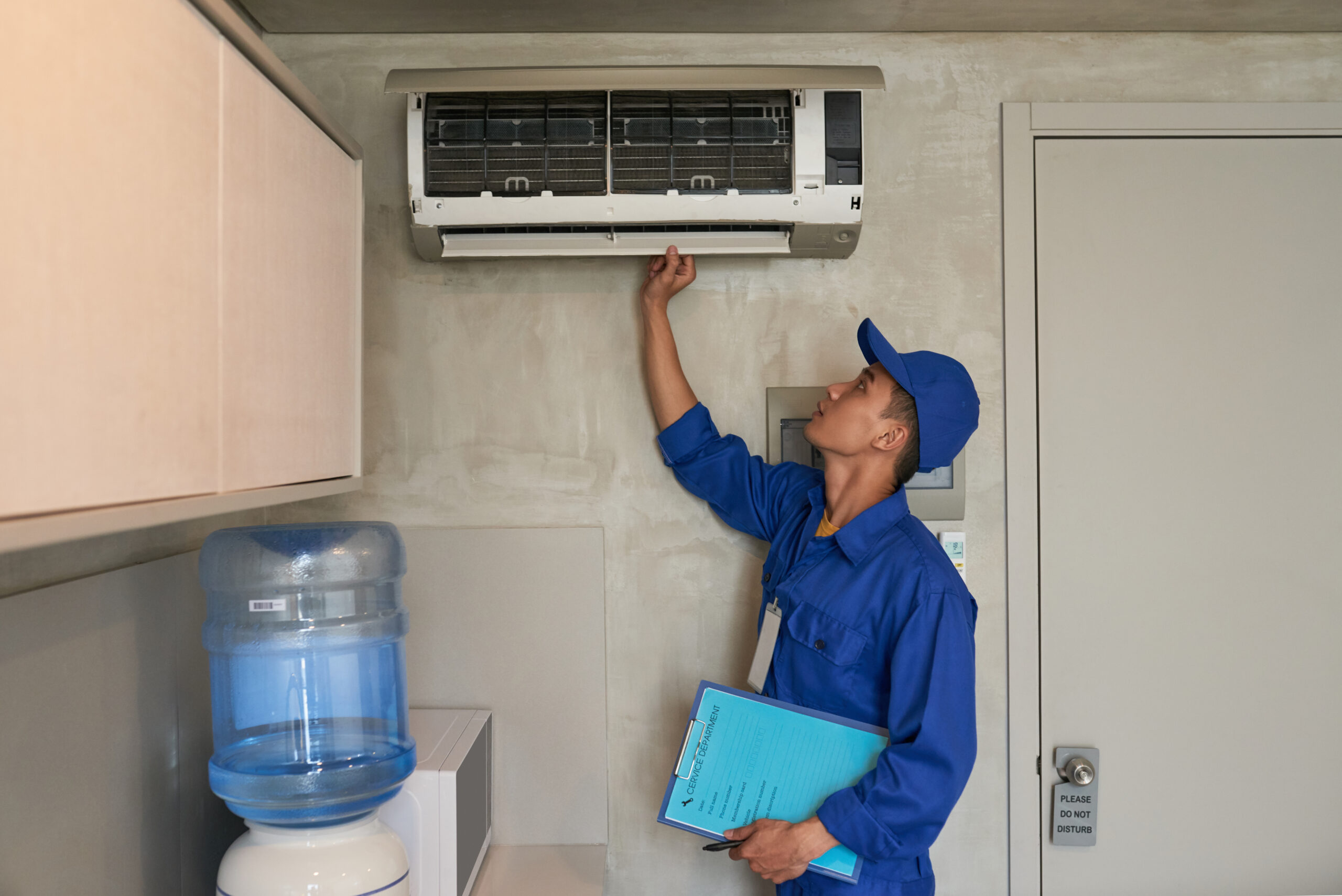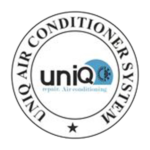Residential AC Repair: Restoring Comfort and Coolness to Your Home
In the sweltering heat of summer, residential air conditioning (AC) systems become indispensable, providing a cool and comfortable haven within your home. However, these systems, like any mechanical equipment, can encounter issues that disrupt their performance and compromise your comfort. Residential AC repair is the solution to restoring efficient and reliable cooling to your home. In this comprehensive guide, we will explore the importance of residential AC repair, signs that your residential AC system may need attention, the repair process, and tips for maintaining a comfortable and energy-efficient home.
Chapter 1: The Importance of Residential AC Repair
1.1 Comfort and Well-Being
Maintaining a comfortable indoor temperature is essential for your well-being and overall quality of life, especially during scorching summer months.
1.2 Energy Efficiency
Well-maintained residential AC systems operate efficiently, helping you reduce energy consumption and lower your utility bills.
1.3 Cost Savings
Timely AC repair prevents small issues from escalating into costly, major repairs, ultimately saving you money.
1.4 Equipment Longevity
Regular maintenance and repair extend the lifespan of your AC system, protecting your investment.
Chapter 2: Signs Your Residential AC Repair Needs
To ensure your home remains cool and comfortable, it’s crucial to recognize the signs that indicate your residential AC system may need professional repair:
2.1 Inadequate Cooling
If your home feels warmer than usual or your AC system struggles to maintain the desired temperature, it’s a clear indication of a problem.
2.2 Inconsistent Cooling
Uneven cooling throughout your home, with some rooms feeling colder or warmer than others, may signify issues with the system’s distribution.
2.3 Unusual Noises
Strange noises, such as banging, squealing, or rattling, emanating from the AC system can be signs of mechanical issues requiring immediate attention.
2.4 Increased Energy Bills
A sudden spike in your energy bills without a corresponding increase in usage could indicate that your residential AC system is operating inefficiently.
2.5 Poor Air Quality
A decline in indoor air quality, characterized by musty odors, excessive dust, or worsening allergy symptoms, may be linked to AC system issues that need repair.
Chapter 3: Them Residential AC Repair Process
Residential AC repair is a complex process that requires the expertise of trained professionals. Here are the general steps involved:
3.1 Diagnosis
Experienced HVAC technicians will inspect your residential AC system, diagnose the issue, and provide you with a detailed report of the necessary repairs.
3.2 Repair Plan
Based on the diagnosis, the technicians will develop a comprehensive repair plan that may include component replacement, cleaning, or system recalibration.
3.3 Component Replacement
Faulty components, such as compressors, motors, capacitors, or refrigerant lines, will be replaced to restore the AC system’s functionality.
3.4 Cleaning and Maintenance
Cleaning evaporator and condenser coils, air filters, and other components is a crucial part of the repair process to ensure optimal efficiency.
3.5 Refrigerant Check
Technicians will check refrigerant levels, top up if necessary, and address any leaks to prevent further issues.
3.6 Electrical and Mechanical Checks
All electrical connections and mechanical components will be inspected and tightened or repaired as needed.
3.7 Testing and Calibration
After repairs, the system will be thoroughly tested and calibrated to ensure it operates efficiently and provides consistent cooling.
3.8 Documentation and Recommendations
A detailed report of the repairs and recommendations for ongoing maintenance will be provided to help you prevent future issues.
Chapter 4: Tips for Maintaining a Comfortable and Energy-Efficient Home
To ensure your residential AC system operates efficiently and reliably, consider the following tips:
4.1 Regular Maintenance
Schedule annual professional maintenance to catch issues early and keep your AC system running smoothly.
4.2 Air Filter Replacement
Regularly replace air filters to maintain proper airflow and prevent strain on the AC system.
4.3 Programmable Thermostats
Install programmable thermostats to manage cooling schedules and reduce energy consumption during non-operational hours.
4.4 Seal Leaky Windows and Doors
Properly seal any gaps or leaks in windows and doors to prevent cooled air from escaping and warm air from entering your home.
4.5 Smart Home Integration
Consider integrating your AC system with a smart home system for more convenient and energy-efficient temperature control.
Residential AC repair is a crucial service that ensures your home remains cool, comfortable, and energy-efficient. Recognizing the signs of AC system issues, scheduling regular Ac maintenance in noida, and following energy-efficient practices are essential for maintaining a pleasant living environment. By investing in professional AC repair and implementing maintenance practices, you can ensure that your home remains a cool and comfortable oasis, providing comfort and well-being for you and your family, especially during the scorching summer months.


 Please enter your name and phone number below, We will get back to you soon.
Please enter your name and phone number below, We will get back to you soon.